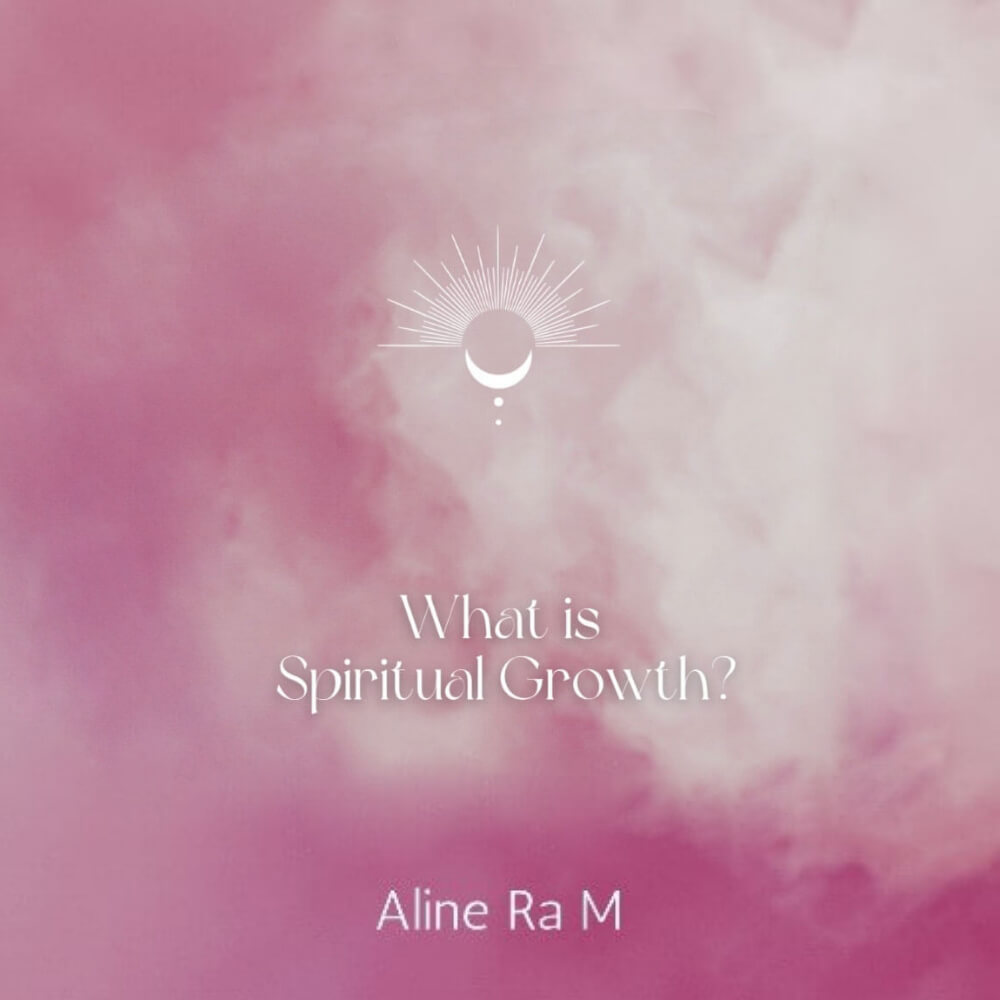Obsessions, unhealthy habits, unsupportive thoughts, and emotional attachments seem to haunt us. If only we could just drop checking our phones all the time, thinking about that person (and checking that person’s social media profile so much), or stop getting all those chocolate bars. Just like that, we could be so much lighter, and healthier. If only we could… let it go.
The popular myth is that it takes you 21 days of doing something every day to make it into a habit, fully crystalized into your life. In fact, research points out it is more a 66 days thing. It might take longer, or shorter, who knows… 21 days is average and deep down no one is average.
We all get it. We need to let it go. Yet, understanding something mentally is easy. If that was all it took, we would all be highly disciplined, emotionally mature, successful, and wonderful lovers, right?
Let’s look at two sides of this: first, repression and suppression. Then, we look at how to actually shift that habit.
Repression and Suppression
Saying “get out of here stupid thought” is obviously not enough to change a pattern. If anything, it can make us more agitated, anxious, and even neurotic.
That’s because by using force, we are creating repression and suppression. Repression implies condemnation or fear (or both!). Suppression is the forceful removal of unwanted things from our awareness (resulting in preventing their expression). Not exactly healthy.
Personally, just that type of negative inner dialogue makes me more nervous. Ordering the thought to go away can lead us to be even more obsessed. It’s as if the brain reads “no” as “yes” (the universe does have a mischievous sense of humor…). And then again, the simple attempt to suppress thinking (or not thinking) is exactly the opposite of what ‘letting go’ means.
That means that when we say “won’t you just let go??” or simply “let go!” it is also a trap. Saying “Let go” to ourselves is an order, an attempt to exert control. Softer, softer… let go comes from a place of acceptance and kindness, not from a Sargent.
Here is the thing: to let something go means to accept its existence and let it be. We don’t control it. And because we don’t control the obsession/habit, it is allowed to stay or go as it pleases. Whatever we want to let go of, it has a life of its own.
Instead of pushing it to go, we let it be.
Accept that thoughts and feelings are, but they are not us. They come and go… what is up to us is how much we nurture them. Kicking them or consciously trying to ignore them won’t make any difference.
When we try to push them away, we are giving them attention, and in a way, this is feeding them the same way. For instance, when in meditation, let thoughts and feelings come in and out, but not identify with them. What we don’t nurture will eventually go away.
Read that again: what we don’t nurture will eventually go away. The other side of this coin is that what we nurture stays and grows. Therefore the question becomes: what would you like to nurture instead? What thoughts, what feelings, and where do you want to put your attention on?
What do you choose, and where is our attention going?
This is an exercise in rebuilding a powerful part of our spirit: the one that surrenders. The one that doesn’t take things so seriously and plays. Like the kid that falls on the floor and cries but five minutes later forgets all about it.
It all begins with presence. We need to be in the here, now so that when that thought or behavior we can catch ourselves right there and put that energy elsewhere. It takes some time of course, but eventually, we can build a new behavior loop.
Instead of repressing a thought, we use our power constructively to direct our attention somewhere else, by choosing differently.
This means we can then use our will, and our awareness, and choose to put our attention on something else instead: be it pure emptiness or something beautiful that is around. Instead of obsessing, we can shake our bodies, do a short dance, and sing a bit. We can breathe for a couple of minutes, or bring our attention to that other project of ours. We can focus on something we are grateful for, look at a bird that is flying in the sky right there. Yes, we can.
More than supporting us to let something that is dragging us down go, this also brings more energy to create the life we want, at the same time that it strengthens our will power. It is a triple win.
A sharp will is one that chooses where its attention goes and keeps alignment with all other parts of us.
At any given moment, there are a trillion things happening. It is up to us to decide where we put our attention, over and over again. What matters. That is pure presence and mindfulness. It does not have to be more than that.
When that thought you want to let go of comes back, where are you putting your attention instead?

What Is Spiritual Growth?
In this free eBook, we explore this question in a practical and deep way. Ready?
